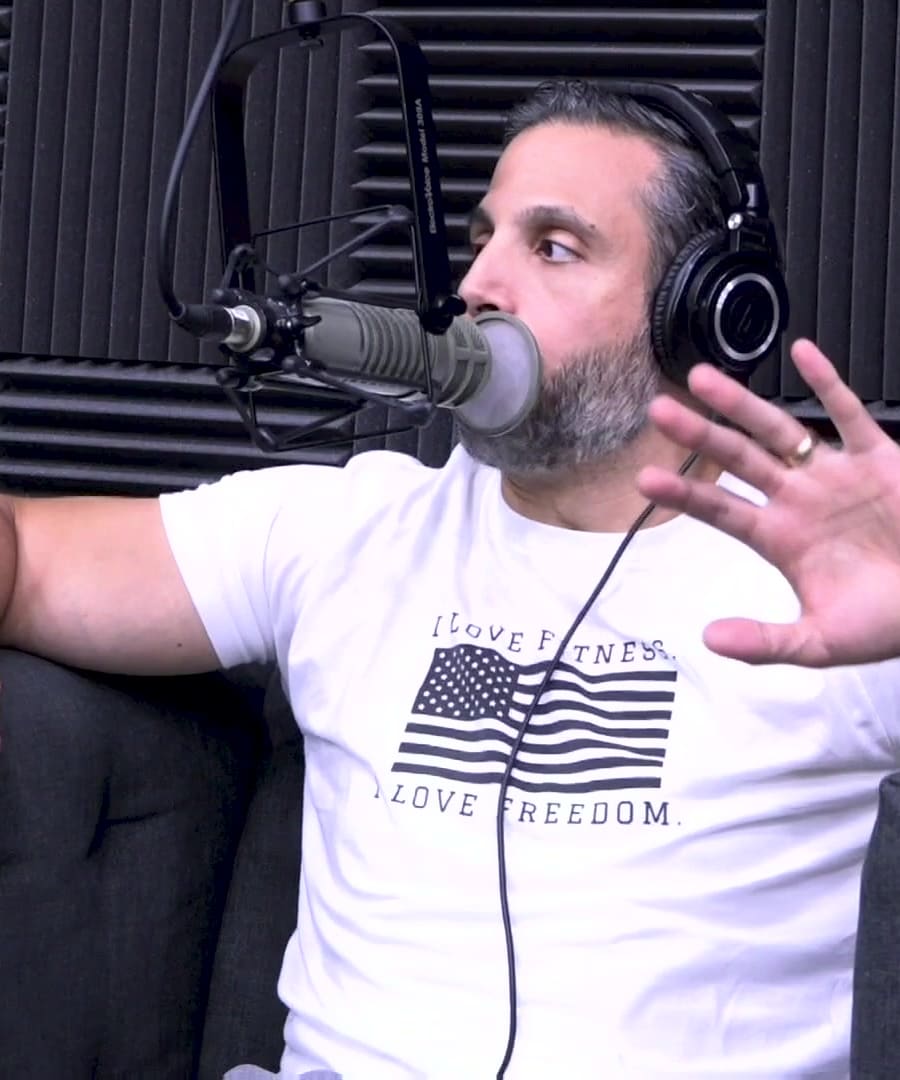How does the black market work?
Sources:
The black market involves various illicit economic activities that bypass official regulations. Here's a breakdown of how it works:
-
Supply and Demand: As explains, black market operators balance supply and demand to maximize profit. Supply clients, like drug traffickers who have large amounts of money, need to convert their earnings into usable currency (e.g., Colombian pesos). Demand clients, like importers who want to avoid high official channel costs, are willing to buy dollars at a discount. By matching supply clients with demand clients, operators can profit significantly from both sides, often making large margins on each transaction 1.
-
Avoiding Official Channels: The black market thrives on evading official channels and capital restrictions. For example, importers looking to obtain foreign currency without paying hefty taxes and duties will turn to black market dealers who offer better rates. This evasion is crucial in regions with strict capital controls, such as China, leading to large-scale black market operations 1.
-
Legal Risks and Enforcement: Sal Di Stefano highlights additional dangers, like the absence of legal recourse. In black markets, participants can't approach legal systems to address disputes over goods or services, leading to potential violence and property damage as conflicts are resolved outside the law. This lawlessness can deter transparency and fairness in transactions 2.
-
Broader Impacts: The black market impacts not only those directly involved but also the larger economy by reducing tax revenues, which can affect public services. It also contributes to a culture of lawbreaking, where initial illegal activities (like buying black market goods) can lead to more serious law violations over time 2.
This complex web of supply, demand, capital restriction evasion, and lack of legal oversight makes the black market a pervasive and challenging phenomenon worldwide.
RELATED QUESTIONS-
